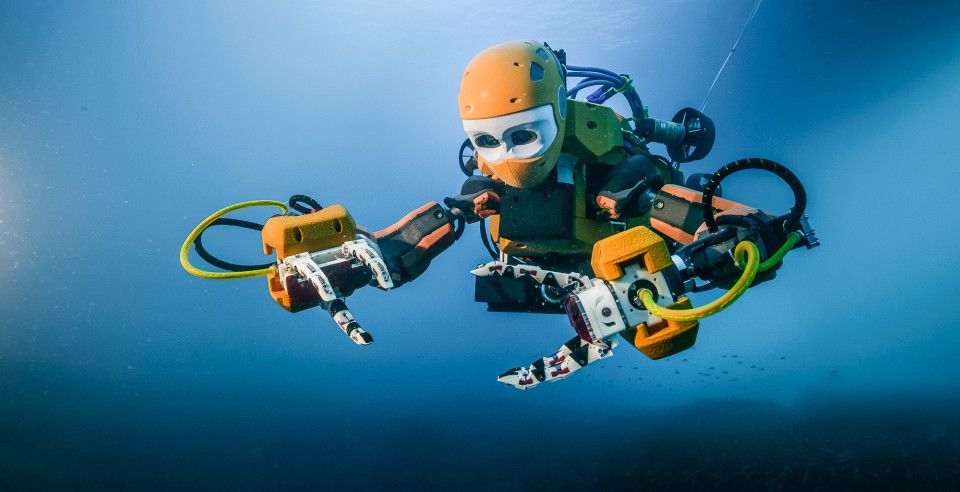
Credit: Newsweek
Entrepreneurs are at it again with an incredible new development: The Soft Tissue Autonomous Robot (STAR). It's a robot that sutures soft tissue with built in dexterity and AI learning abilities.
Just the size of a small vitamin capsule, a robotic cylinder is hooked onto the end of a catheter. It's inserted at the base of the heart and using a motorized drive system this microbot cruises to a patient's leaking heart valve.
The robotic cylinder moves along side the ventricular wall, locating the damaged valve near the top of the ventricle using both touch sensors and vision.
After that the microbot gets into position by the leaking valve while a surgeon launches the minuscule stopper from this tiny robot which stops the leak.
If Elon Musk wants to take us to Mars, we'll need innovative solutions like robotic surgeons for the journey through space in case of injuries.
Right now there is more of a proliferation of cobots - robots that work with surgeons instead of replace them - but eventually much of these operations will be done by autonomous robots that work faster and learn quicker than humans.
Entrepreneurs aren't the only ones who see the huge potential of the microbot industry; Google's parent company Alphabet partnered with Johnson & Johnson to create surgical robots.
This partnership is called Verb Surgical, and their robotic surgeons hit the market this year with the goal to democratize surgery.
One of the side affects of mass production, when larger companies get involved, is the price is driven down making this one day a quite affordable procedure cheaper than the insanely expensive hospital bills Americans have to pay for routine medical work.
Bionaut's Microscopic Robot Surgeon
Ever heard of Bionaut? I haven't either yet this Israeli startup is making waves right now in the bio tech world. Their robot is nearly microscopic in size and speeds through tissue at 60 centimeters per hour.

Credit: https://www.bionautlabs.com
Bionaut's microbot is precise and uses magnetic fields to guide its path through the body. It's remote controlled to deliver cancer treating drugs at the precise location cancerous cells spring up.
This offers a huge advantage to traditional system-wide treatment of chemotherapy which kills off so much of healthy immune system defenses, because the robotic surgeon targets only where the cancer pops up.

Credit: https://www.bionautlabs.com/
While my stance on self-driving cars won't change (we deserve our own autonomy for where we go and when, giving this up is tantamount to a civil liberty - altho public transit or having it an option for Lyft or Uber is great) it does seem like a great idea to automate surgery when possible.
According to the scientific journal Nature, mistakes by clinicians lead to more than 200,000 US deaths each year. I've had my experience with doctors making mistakes in hospitals too.
Luckily not with any surgeries, still it's a powerful argument for supervised microbot surgeries to be in our future some day.
A 10 Year Plan
Autonomous surgery would also help rural areas that also suffer from food deserts and lack of access to surgeons.
Realistically, it's going to take another 10 years to get to the point of full autonomy because where robots fail and humans are more efficient is when something unexpected happens.
Whether a blood vessel is located in a place it wasn't supposed to be, or a new reaction during surgery happens, robots can't adapt yet as well as human surgeons who have more contextual knowledge and experience.
The DaVinci surgical system has already been using robotic arms to assist with minimally invasive surgeries with 3D high definition views of the surgical area since 1995.
Being able to stack new tools onto an existing system like the DaVinci one, will make the transition smoother, since it's already a stable platform with over a decade of proven results.
Would you trust a robot surgeon to operate on you?
. . .
Enjoyed this blog?
Signup here to get updates on new startup blogs.
Is Facebook not explaining why the disapproved an ad?
I worked at FB for years and offer FB Policy Consulting here
Available for freelance writing and guest posting on your blog: [email protected]






Leave a Reply